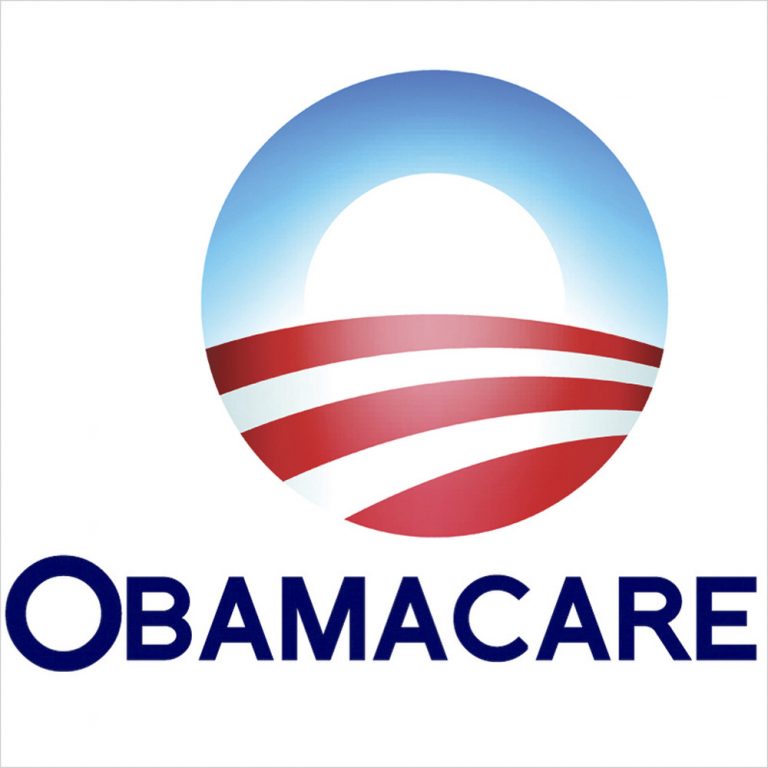
Arturo Samaniego
Staff Writer
The Affordable Care Act, otherwise known as Obamacare, has proven to be one of the most controversial pieces of legislation to come out of the Obama administration. Though there are valid points of criticism to be hurled at the ACA, such as rising premiums and the availability of only a few insurance providers in some areas, Obamacare has had a net positive effect on the college age population such as the one that can be found here at the University of California, Santa Barbara.
One of the earliest provisions of Obamacare to take hold has proven to be one of the most popular and beneficial for young adults: allowing people under the age of 26 to remain under their parent’s healthcare plan. This provision alleviates some people’s burdens of having to navigate the complex and frequently expensive waters of the healthcare market at a period in life where many are still trying to achieve financial security.
As reported by Vox in March 2015, the dependent coverage mandate has been thought to increase the insurance coverage rates of youth under 26 by 3-5 percent. If we take this into consideration, Obamacare has indeed done some good for our generation rather than being the complete failure that many Republicans such as President-elect Donald Trump would have you believe.
Additionally, a study published in 2014 by the Journal of the American Medical Association claimed that 31 percent of young adults reported feeling in “excellent physical health after the passage of the law,” compared to 27 percent who reported feeling that way before the passage of the law. The study also claimed that there was no major increase in use of healthcare services by America’s youth after the passage of the act, leaving the lead author of the study to assert that the increase of reported well-being can be attributed “to a greater sense of security and health” that simply having health insurance can provide.
The same study, as explained by the Los Angeles Times, indicated that average “annual out-of-pocket medical expenses, including copays and deductibles, declined from an average of $546.11 in the period before the health law to $490 in 2011” for young adults. It is easy to see that Obamacare has truly improved healthcare coverage for young people.
Despite the immense benefits that Obamacare has reaped for the college age population, the act appears doomed as of now. As reported by The Atlantic, Republicans have already begun the process of repealing parts of Obamacare through budget reconciliation, a tool that will allow Republicans to circumvent a 60-vote filibuster. The Hill reports that Congressman Rand Paul already has a replacement bill on hand and that Republicans are soon to meet to discuss replacing Obamacare, but it remains unknown if the Republicans’ replacement bill will prove as generous for young people as Obamacare has.
With all that said, it is important to acknowledge that there is still room for improvement. In October, POLITICO reported that the “share of counties with only one insurer serving the exchanges” is expected to increase from 7 percent in 2016 to 31 percent in 2017. POLITICO reported that this is the reason why some individuals saw their premiums increase by 70 percent. Though Obamacare appears on the chopping block by the incoming presidential administration, if it is to continue then these problems will have to be addressed.
The greatest room for improvement for Obamacare would be adding a public option, which would expand coverage for all Americans and inject more competition into the healthcare market. A public option would go a long way towards lowering insurance costs and improving healthcare coverage for all Americans, as private health insurance companies would have to readjust their business models to remain competitive with a federal healthcare plan.
Obamacare may not be perfect, but it has helped many Americans, especially young adults. The viable solution would not be to repeal but rather to expand. As college students ourselves, we should show great concern and dismay over the probable end of an act that has greatly helped our generation.










